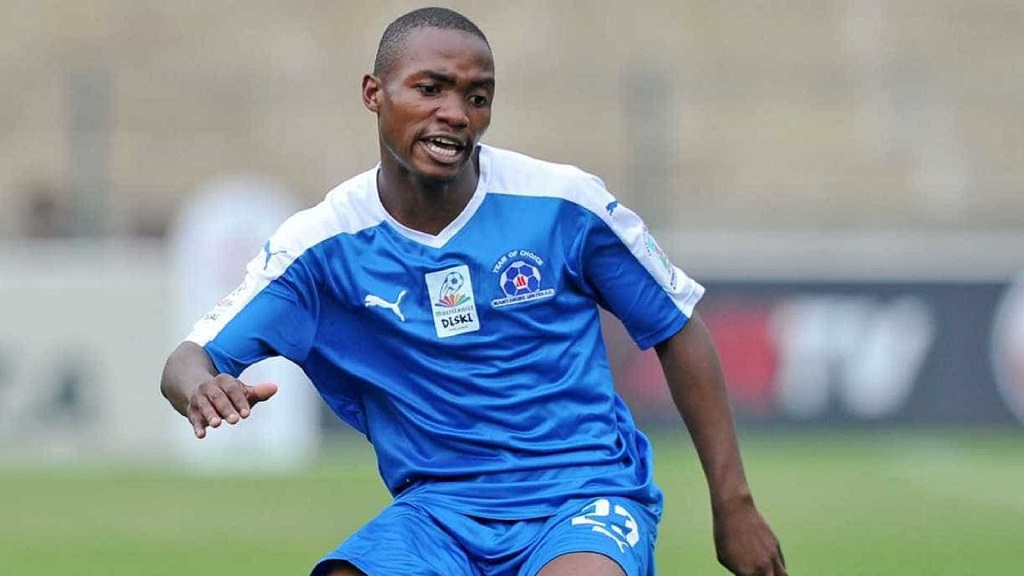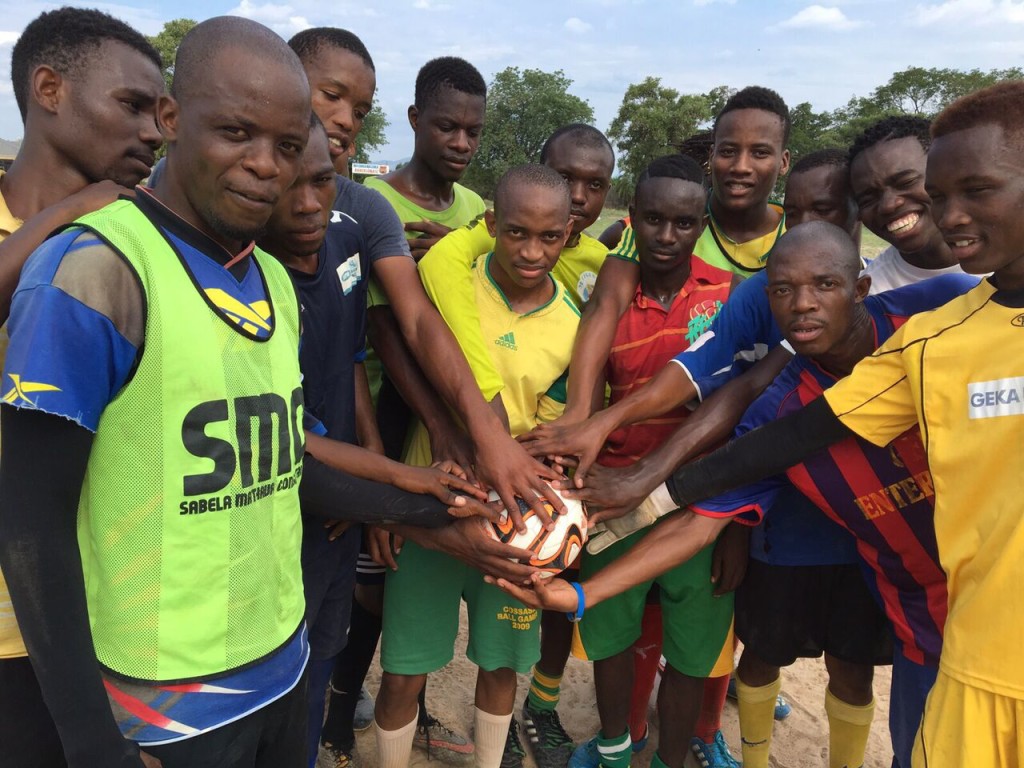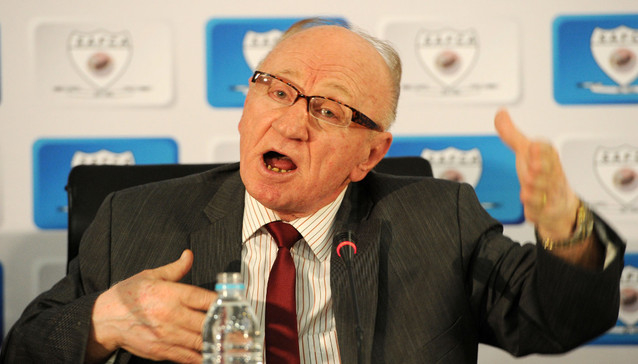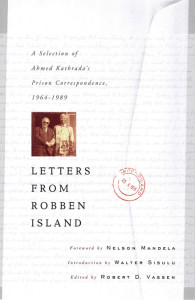On March 1, 2018, 21-year-old Maritzburg United striker Luyanda Ntshangase was struck by lightning during a friendly match. He is in a medically induced coma and remains in critical, but stable condition. Our thoughts and prayers are with Ntshangase and his family in the hope of a speedy and full recovery.
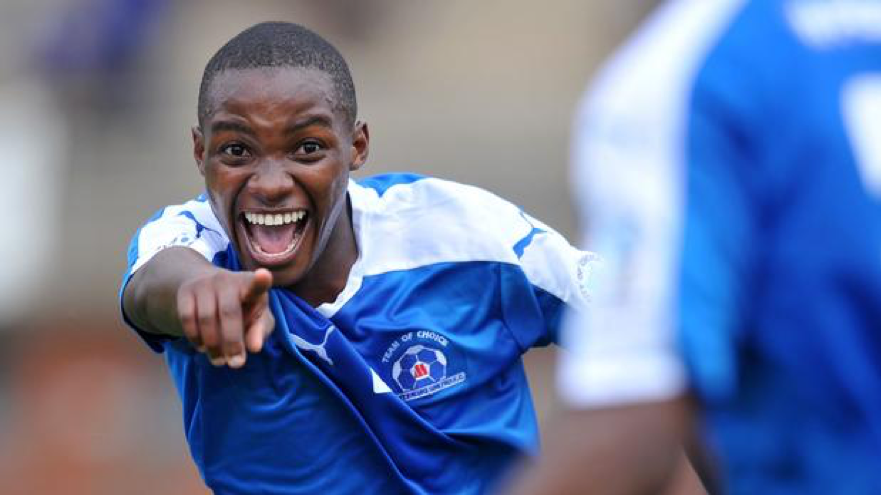
I met Luyanda Ntshangase in 2013 when I began to work with Izichwe Youth Football Club in Pietermaritzburg, South Africa. A self-proclaimed “local boy,” Ntshangase was born on January 25, 1997. He was raised in Imbali (Zone 2), an apartheid-era township outside Pietermaritzburg.
Like many South African boys, he began playing football at age six with his friends in the neighborhood. By age eight, he knew that he wanted to play the game for the rest of his life. His parents supported this dream, driving their son to training sessions, watching games, and providing critical support at home.
He joined Izichwe, named after Shaka Zulu’s regiment, in 2012. Though Ntshangase initially struggled to catch up with the other players who had been with Izichwe since 2010, he quickly adjusted and became a cornerstone of the team. He exemplifies everything that Izichwe stands for: “honesty, integrity, working hard, pushing yourself at all times . . . discipline, hard work.”
When I observed practices, Ntshangase stood out for his extraordinary focus and drive. He pushed himself and, by example, inspired his teammates to strive for their best at every training session. This talent and work ethic afforded Ntshangase the opportunity to train with the KZN Football Academy and play a key role for his team in major youth tournaments such as the Nike Manchester United Premier Cup.
Luyanda also excelled in the classroom. The Izichwe coaches’ insistence on educational success made him “realize there is a lot more to life than just football, you know, there is also school–just getting better that side also.” After matriculating from Maritzburg College, a prestigious boys’ secondary school founded in 1863 that counts Alan Paton among its alumni, Nsthangase recently enrolled for a degree in politics at the University of KwaZulu-Natal.
Balancing these responsibilities was “demanding,” he said, quickly adding that “my school and my football go together . . . There’s life after football, you know?” With a maturity well beyond his 21 years, he recognized that “to move anywhere further is to keep on working harder and grow as a person and as a footballer also.”
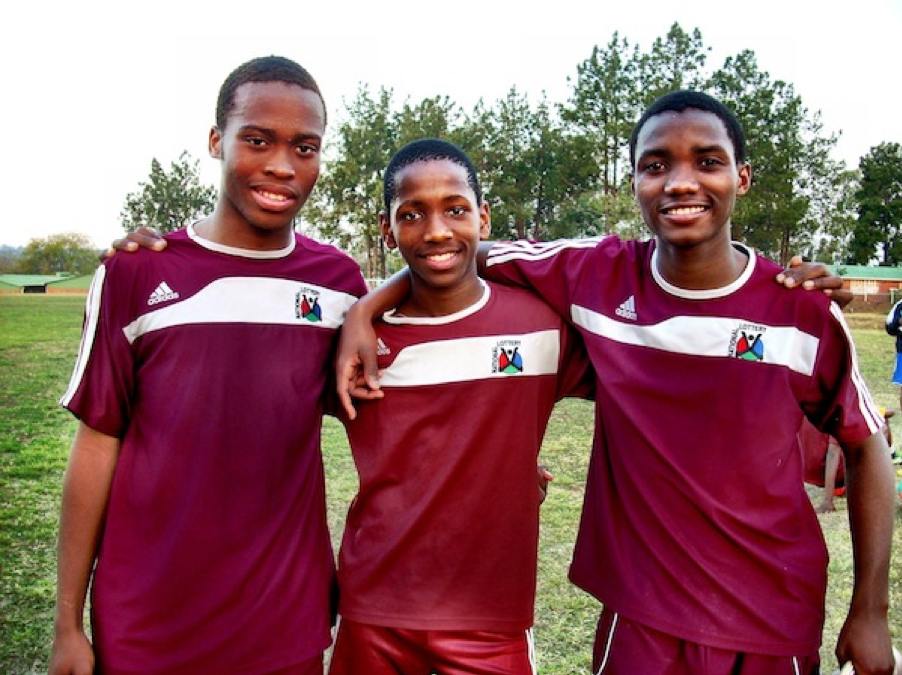
This wisdom and dedication was evident in 2016 when Izichwe played a friendly match against Maritzburg United, the local Premier Soccer League team. Ntshangase impressed head coach Ernst Middendorp, who invited him to train with his team. After a week-long training with the team, Middendorp contacted Thabo Dladla, Ntshangase’s coach at Izichwe, with the news that he wanted to offer the young striker a professional contract.
In February 2017, Ntshangase was selected for South Africa’s Under-20 national team (AmaJita). Upon receiving the news, he told the Maritzburg Fever: “I’m going to take that chance and grab it with both hands and show what I’m capable of and why I was selected. So if that opportunity comes for me–I’ll be very thankful,” he said.
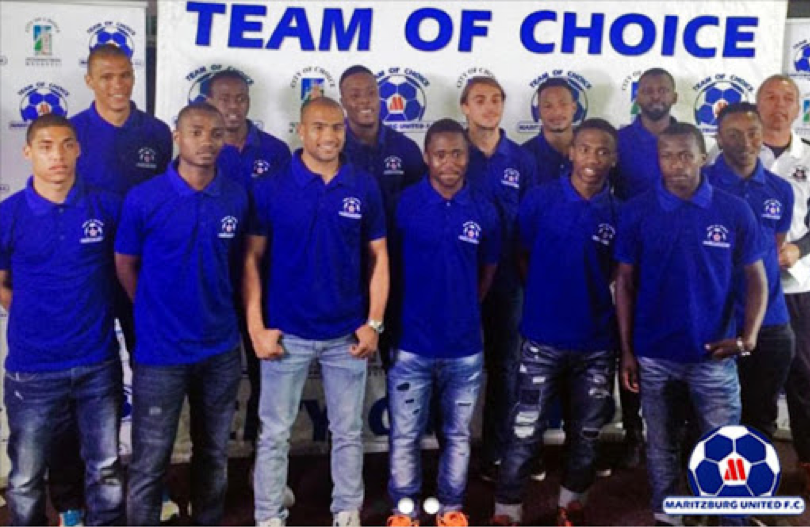
Speaking with Luyanda just a few months into his professional career, he exuded joy and certainty that there was still more to come at Maritzburg United. “[I’m] having [the] time of my life at the moment . . . it’s just the first step for me,” he said.
“I’m looking forward to building on, something bigger, better. It’s something I’ve always dreamed of [. . .]” Ntshangase continued. “I see myself in a few years being somewhere further than where I am now. It could be at another team. It could be at the same place but in a different role . . . but obviously I possibly wish to be at a bigger club or even overseas, you know? That’s where we all dream of going. So if I reach that goal that’s something I’d be very much proud of.”
Update: Tragically, on May 4, 2018, Luyanda passed away. Our heartfelt condolences to the Ntshangase family. May his soul rest in peace. The funeral service will take place at Alan Paton Hall, Maritzburg College, Princess Margaret Drive, Thursday, May 10, 10am.
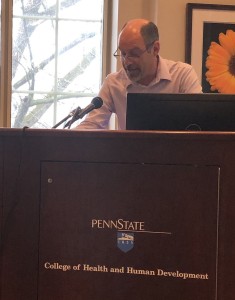 My article “Beyond Master Narratives: Local Sources and Global Perspectives on Sport, Apartheid, and Liberation” has just been published in The International Journal of the History of Sport (2020).
My article “Beyond Master Narratives: Local Sources and Global Perspectives on Sport, Apartheid, and Liberation” has just been published in The International Journal of the History of Sport (2020).
